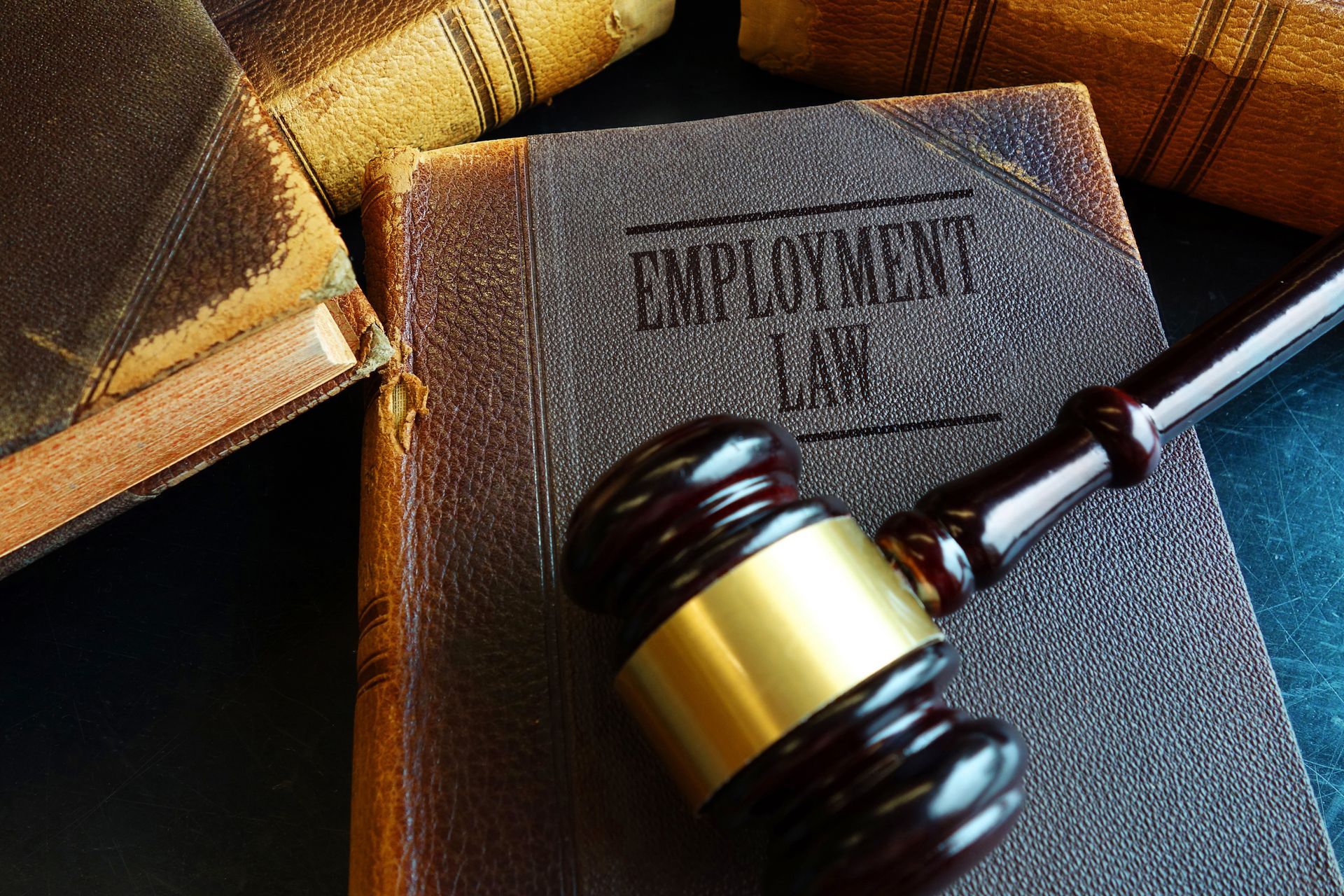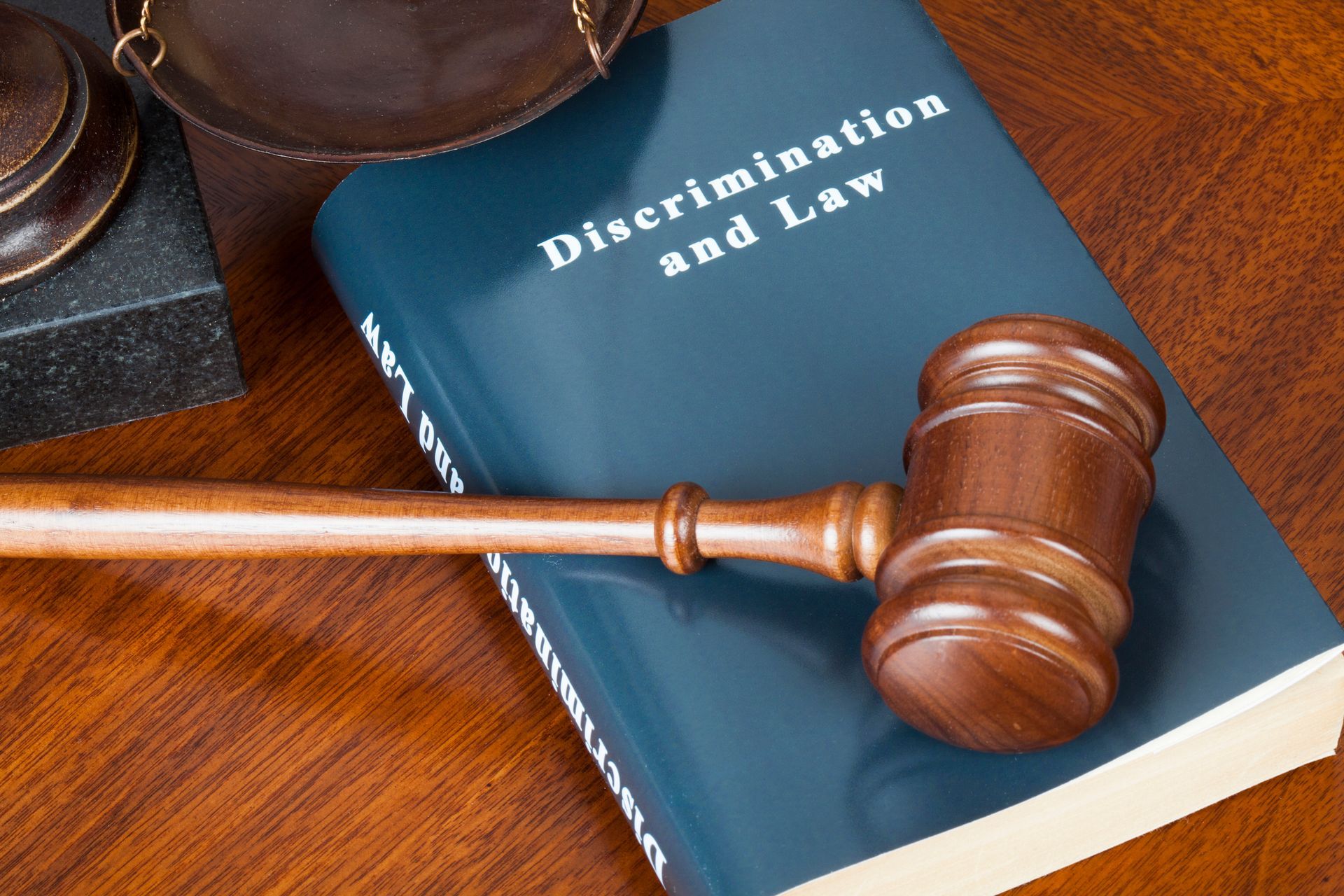Navigating Wrongful Termination

Facing job loss can be an incredibly challenging experience, particularly when it feels unjust or unfair. Wrongful termination not only impacts individuals on a personal level but also goes against their fundamental labor rights. This article serves to empower employees by providing them with the tools to address wrongful termination situations.
Know your rights
Wrongful termination is not about right or wrong. Take your time to learn the specifics of federal and state laws that protect employees from discriminatory dismissals or retaliatory actions, like termination for whistleblowing or exercising protected rights (such as FMLA leave or reporting illegal discrimination). By being well-informed about your legal protections, you can navigate workplace situations with confidence and advocate for fair treatment.
Review your employment contract
If you have an employment contract (most people do not and offer letters are rarely contracts), thoroughly review it to identify clauses that protect you from unjust termination. These contractual agreements often outline precise procedures that must be followed prior to termination, which could include your employer issuing a written warning or offering you opportunities to enhance your job performance, ensuring a fair process is followed in employment decisions.
Document everything
Keeping meticulous records of your work performance, including achievements and areas in need of improvement, along with documenting interactions with superiors and colleagues, can play a pivotal role in substantiating a claim of wrongful termination. In addition to emails, performance reviews, witness statements and payroll records; it may also be beneficial to keep a log of any incidents that could be relevant to your case by providing a comprehensive overview of the circumstances surrounding your termination.
Look for patterns
If you suspect your termination was unjust, look for any patterns of discrimination or retaliation within your workplace. You might notice that other employees with differing characteristics (like age, race, and gender) and who have exhibited comparable behavior have not faced termination while you have. This divergence in treatment could potentially indicate instances of discrimination in the workplace. This information can strengthen your case and highlight potential violations of labor laws.
Seek legal advice
If you believe you have been wrongfully terminated from your job, consider reaching out for legal advice, as an attorney can help you evaluate the merits of your case. They can also aid you in understanding your rights and navigating the complex procedures involved in potentially filing a formal complaint or lawsuit to seek recourse for any injustice you may have faced in the workplace. When you have the right legal guidance, it can make a significant difference in protecting your rights and addressing any unfair treatment you have experienced.
Understand the reasons for termination
Employers are generally not obligated to provide a specific reason for terminating an employee unless it is explicitly outlined in an employment contract or a collective bargaining agreement. If you have the opportunity, make the employer state why it is terminating your employment. This information is crucial in evaluating a potential case. It is important to note that in situations where no reason is disclosed or if the provided reason appears ambiguous or deviates from established practices, it might raise concerns about potential wrongful termination. Such circumstances could prompt further investigation or legal review to ensure fair treatment of the employee.
In conclusion, understanding your rights as an employee is the first step towards protecting yourself from wrongful termination. By being informed about relevant laws, reviewing your employment contract, documenting workplace interactions and performance, and seeking legal advice when necessary, you can build a strong foundation to address and possibly prevent unjust dismissal. Always remember that if you find yourself in a situation where you suspect your termination was unwarranted, taking proactive steps and seeking professional guidance can significantly impact the outcome of your case. It's essential to stand up for your rights and ensure fair treatment in the workplace. Contact our office to learn more.
Alabama Rules of Professional Conduct Notice: No Representation is made that the quality of legal services offered is greater than that of other lawyers. The information contained on this website is not a substitute for legal advice, and reading it does not create an attorney-client relationship.









